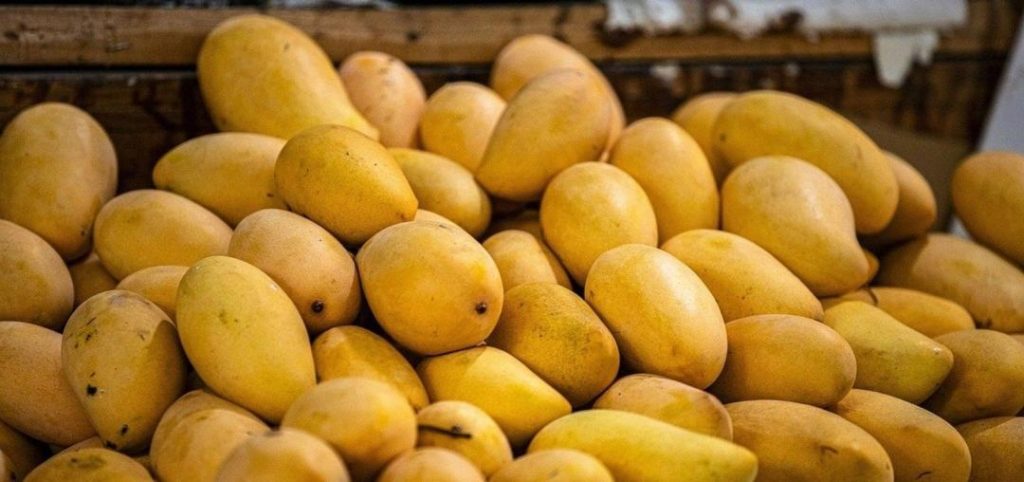
US Rejects 15 Shipments of Mangoes from India: A Blow to Exporters
The United States has rejected at least 15 shipments of mangoes from India, citing lapses in documentation as the reason. The rejected cargo, which was sent by air, has been instructed to either be destroyed in the US or re-exported back to India. This development has resulted in estimated losses of around $500,000 (over ₹4.2 crore) for Indian exporters, who rely heavily on the US market for their mango exports.
The rejections were reported by various sources, including the Agricultural and Processed Food Products Export Development Authority (APEDA), which is responsible for regulating and promoting India’s food exports. According to APEDA, the rejected shipments were sent by air from India to the US and were cleared by Indian customs before being exported.
However, upon arrival in the US, the shipments were rejected by the authorities due to incomplete or inaccurate documentation. The exact nature of the documentation errors is not clear, but it is believed that the problems may have been related to issues with phytosanitary certificates, which are required to ensure that the mangoes meet US import regulations.
The US is India’s largest export market for mangoes, and the rejection of these shipments is a significant blow to Indian exporters. Mangoes are a popular fruit in the US, and Indian exporters have been working hard to increase their market share in this region. The rejections are likely to have a significant impact on the Indian mango export industry, which is already facing challenges due to competition from other major mango-producing countries like Brazil and Peru.
The Indian government has been working to promote mango exports to the US, and the rejection of these shipments is a setback for these efforts. The government has been providing various incentives and support to mango exporters, including training programs and subsidies for export-related expenses. However, the rejections suggest that more needs to be done to ensure that Indian mangoes meet US import regulations.
The rejection of these shipments is also a reminder of the importance of proper documentation and compliance with import regulations. Indian exporters must ensure that they have all the necessary documentation and certificates in order to clear exports. Failure to do so can result in costly delays or even rejections, as in this case.
The US rejection of Indian mango shipments is not the first time that Indian exports have faced difficulties due to documentation issues. In recent years, Indian exports of other products, such as basmati rice and buffalo meat, have also been rejected due to similar issues.
In conclusion, the rejection of 15 shipments of mangoes from India by the US authorities is a significant setback for Indian exporters. The losses estimated at around $500,000 are a substantial blow to the industry, and the rejection is a reminder of the importance of proper documentation and compliance with import regulations. The Indian government and exporters must work together to address these issues and ensure that Indian mangoes meet US import regulations.
Source:






